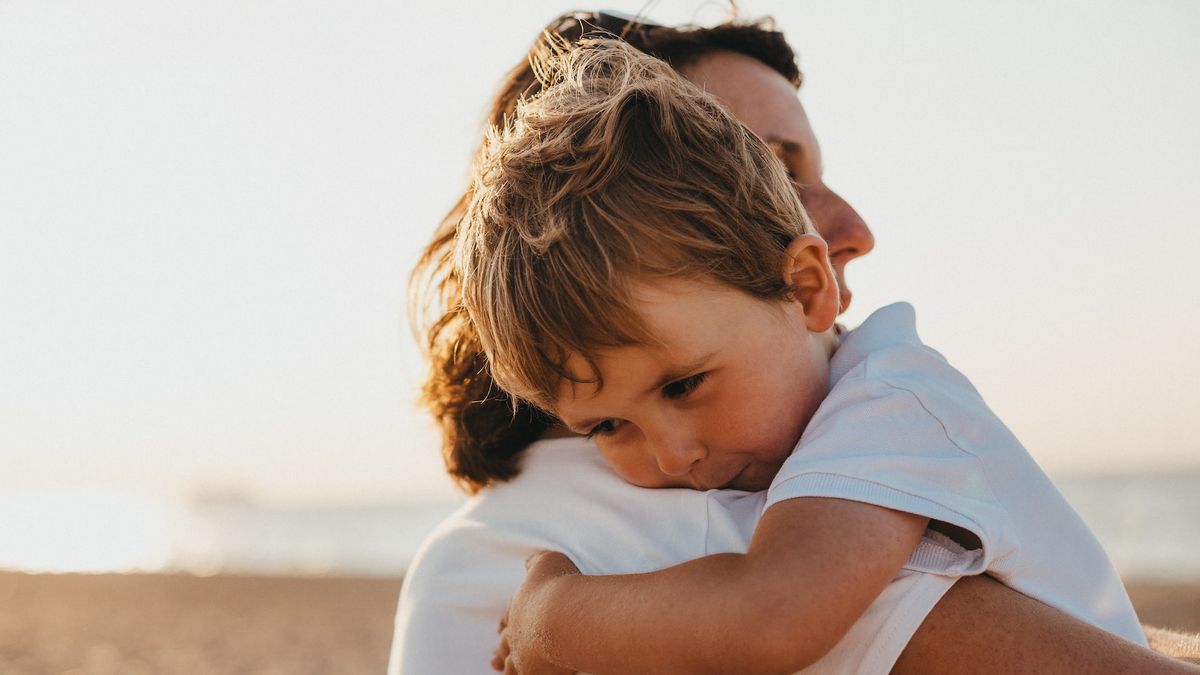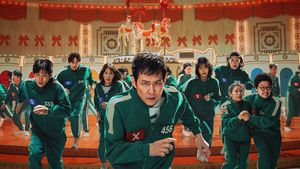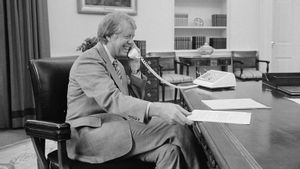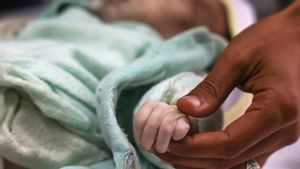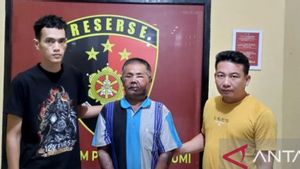YOGYAKARTA The pattern of snowplow care or snowfall, is a parenting that doesn't break to ensure that children don't experience obstacles. Parents who apply a snowplow parenting pattern clean up the problems that hinder their children's path.
This parenting pattern is no different from helicopter care, which ensures the child goes through smooth roads. Instead of honing the child's skills to be independent, parents who practice parenting actually take too much responsibility and experience from children. According to ruble Daitch, Ph.D., director of Detroit-based Center for the Treatment of Anxiety, says that parents usually play a major role in the success or failure of their children in the future.
In a view that agrees with this parenting pattern, they make excuses. These include parental anxiety for their children in an all-fast and boisterous era. Parents fear of bad things that happen to their children, becoming one of the drivers of applying parenting patterns that always monitor the course of their children. However, in addition to parental anxiety, there is a bad effect of the Snowplow parenting pattern. Launching Parents, Thursday, October 6, the following are the negative effects that children have the potential to experience in the future.
Jessica Lahey, author of The Gift of Failure: How the Best Parents Learn to Let Go So Their Children, explains that children who have parents are very creatively uncomfortable with frustration. Therefore, children are not able to complete difficult tasks on their own.
Overcoming difficulties is a lesson for children to overcome feelings of frustration. But because it is cared for by parents who practice a snowplow pattern, they easily give up on the first challenge. This is about how children are able to learn to overcome their own problems.
California-based developmental experts and pediatrician Damon Korb described this pirate parenting as a fast runner. Despite living a marathon, parents with this parenting might be able to encourage children to be competitive. They even help their children enter the best college or the best education. However, this could rob their children of the ability to learn how to solve problems. Children are less able to struggle alone, which is life's skills.
Children who are less aware of the consequences of their own actions lead to a lack of self-efication. Obviously Lahey, children don't believe that their actions will lead to positive changes. They tend to be passive and don't act from the start. These conditions are called the underprivileged, and parents are the first and best teachers for children.
When parents apply snowplow care, the anxiety experienced by children is not resolved from the roots. Parents are calmer in fear instead of teaching their children how to manage challenging situations, overcoming anxiety skills, and increase resilience.
In this way, parents transmit their anxiety to children when making decisions when covered by anxiety.
Not only related to mental aspects, the bad effects of snowflow parenting patterns also affect social aspects. Children are more comfortable withdrawing from their social scope because they do not have the skills to struggle to open social relations. They will depend on their parents, including on social aspects.
That's the bad effect of the snowplow parenting pattern. The advice of the doctor Korb, it's better to embrace the child's struggle and develop his mindset. Parents also focus on long-term goals. He added, be parents who see a 'big picture' where they prepare for an adult baby gradually and give them the opportunity to think independently.
The English, Chinese, Japanese, Arabic, and French versions are automatically generated by the AI. So there may still be inaccuracies in translating, please always see Indonesian as our main language. (system supported by DigitalSiber.id)
